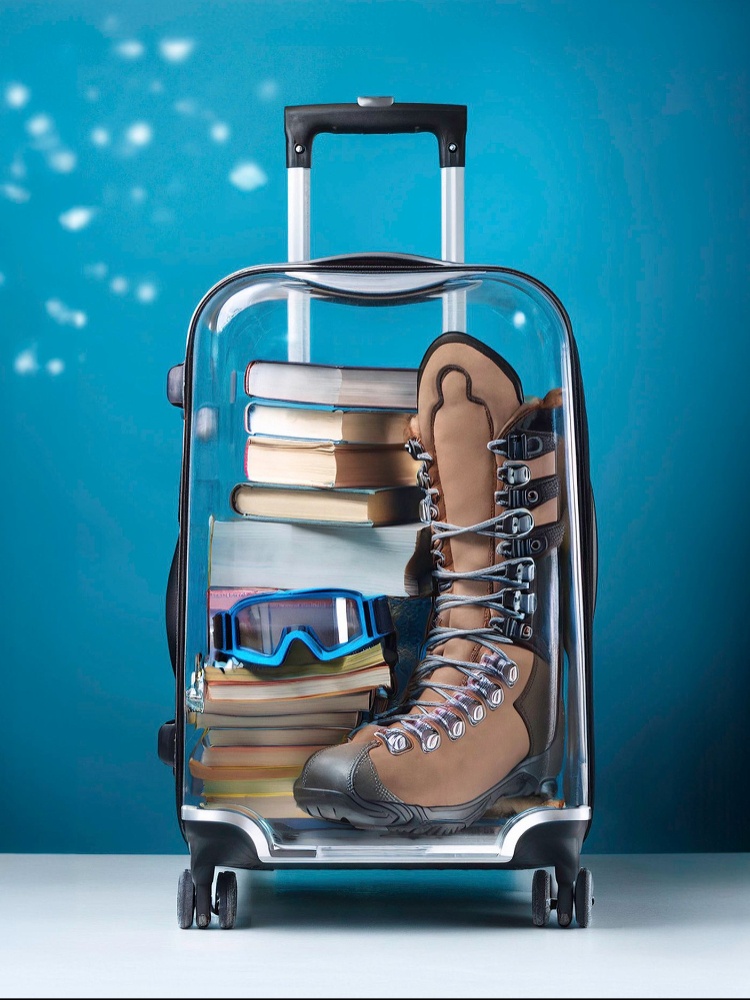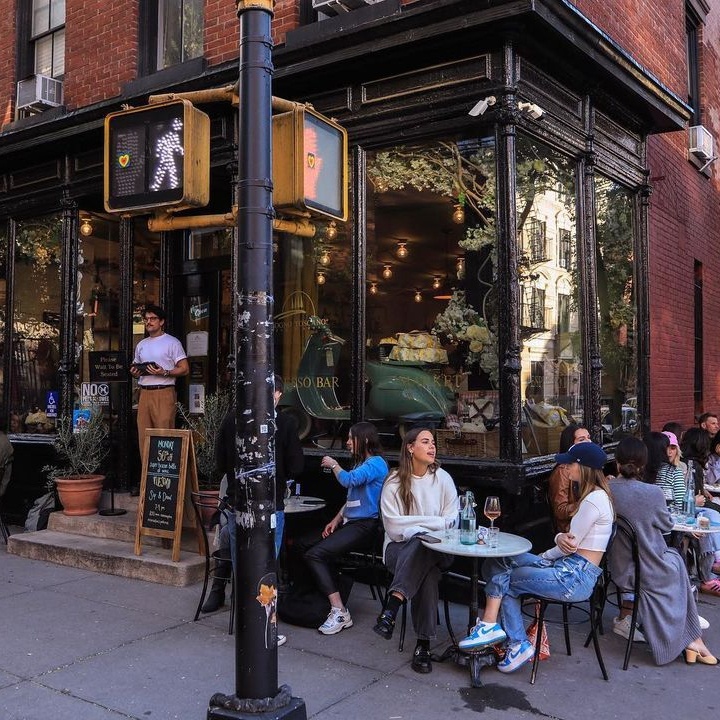In simpler times, summer holidays were like a free pass. To children, it signalled that fleeting period when you could demand TV or video game time, no matter where you were, and to parents, it presented an opportunity to reinvent their good cop-bad cop dynamics. Dubai-based Pooja Javeri Shah remembers that time fondly. But as a mother to two teenagers, summer looks a little different for her now, as it does for other parents her age.
Earlier this year, when schools closed for holidays in June, Javeri Shah brought a year’s worth of holiday prep to fruition. The family’s European holiday itinerary had just two destinations earmarked—a tennis camp at Mouratoglou in the south of France and an adventure camp at Aiglon in Switzerland—planned specifically for her 15 and 13 years old daughters. “While planning vacations, I think deeply about how my girls can grow from the experience—an element of learning and adaptation is essential,” says Javeri Shah, who has been visiting the Club Med Resorts in the French Alps to ski (with her children) every winter for the last eight years. “Of course, the vacation should be in line with the child’s interests and abilities.”
Javeri Shah is not some overindulgent parent. Many parents across Indian metros today are focused on enhancing their child’s education through newer travel experiences. For such affluent parents and their children, far-flung corners of the world are fast becoming the holiday norm. Every summer, students from around the world flock to camps such as Sevenoaks in the UK and Aiglon and Les Elfes in Switzerland, to take part in a range of sports, soft skill-based activities, and artistic endeavours, and enrich themselves intellectually, socially, and culturally. Raising Gen Alpha is not easy—between the increasing competitiveness of academics and the growing lure of social media—and parents are left juggling vacation itineraries to pack in as much learning, fun, me-time, and we-time as possible. For Indian parents, who are known to supplement academics with a host of extracurricular classes post school hours, a foreign vacation is just another opportunity to take their planning skills to the next level.
Last year, Mumbai-based business entrepreneur Aiman Khorakiwala explored Amsterdam with her husband and 15 year old son, while their 13-year-old daughter went to camp at Aiglon in Switzerland. “My daughter loves the outdoors and at Aiglon, she had plenty of adventure sports to choose from. While there were activities around physical fitness during the day, evenings were reserved for games and movie nights. These camps are an excellent opportunity to discover new destinations, deepen knowledge in areas of interest, become independent learners, and create lifelong friendships,” she says. Khorakiwala is right; research suggests that benefits of extracurricular activities go beyond the skills one can learn—children also benefit from enhanced social skills and return with higher self-esteem.
Overall, an increasingly large number of Indian parents, keen on raising future-fit global citizens, are looking beyond academics and acknowledging that exposure to sports, performing arts, and sensitivity towards the environment are essential to their child’s upbringing. Riva Raghavan, a 10th-grade student from Mumbai’s BD Somani International School, sounds like a poster child for school-life balance when she talks about the summer she spent “pursuing my varied interests.” This year, she visited London and Stratford-upon-Avon to watch plays and be part of performing arts workshops. “After that, I volunteered for the GVI Planet Whale and Dolphin Conservation Programme for Under 18s, where we tracked their migration patterns in Tenerife in Spain’s Canary Islands.”
Typically, sports and adventure camps are the first to get booked out, with arts and academics coming in a close second; but that doesn’t make the latter any less competitive. Serena Ullal, a talented 12-year-old who aspires to be a professional singer, had to work hard on her vocal training throughout the academic year just to earn a seat in the summer programme at the prestigious Juilliard School in New York. Expectedly, the NBA Basketball Camp in Dubai gets sold out a year in advance, as do the soccer camps in Spain, adventure camps in the Swiss Alps, diving lessons in Indonesia, and, most recently, the Taekwondo programmes in South Korea.
Still, the heavy price tag ensures that these escapades are niche experiences. Accessible for families with a large disposable income, not everyone can cough up top dollar for such trips. Even without the flight costs, a two-week adventure camp at Les Elfes can cost about US$7,000, while speciality camps such as Mouratoglou can go up to US$10,000 for the same duration. Camps at Sevenoaks cost about 5,000 pounds for two weeks, while those in Asia, Dubai, and Spain tend to be slightly less expensive, costing approximately US$2,000 for 15 days. And even for affluent families, it’s the year-long planning and curation that takes time and attention.
There is a bonus, though: the kids being away presents a wonderful opportunity for the parents to explore a new place and bond with each other. As a mother to a 13-year-old, I can vouch for that. This summer, while our daughter attended an eight-day Island Exploration trip with the Green Camp in Bali (affiliated with the Green School) where she learnt about marine life, local communities, and diverse ecosystems, my husband and I used the time to discover the nearby city of Yogyakarta—the cultural seat of Indonesia, which balances its big city vibe with hideouts such as like the Prambanan Temple, made from volcanic stone.
For Manav Futnani, managing director at a leading multinational bank, it is also a time to “do things that I might normally not be able to consider.” He recalls, “Last year, I did a five-day silent meditation retreat in the Loire Valley in France and spent a week at a wellness retreat near Zurich. Knowing the kids are busy and having a great time takes away the potential guilt of taking time to do something for myself.”
Summer 2025 may seem far away right now, but registrations for winter adventure camps are already filling up fast, and you know what they say about the early bird.




